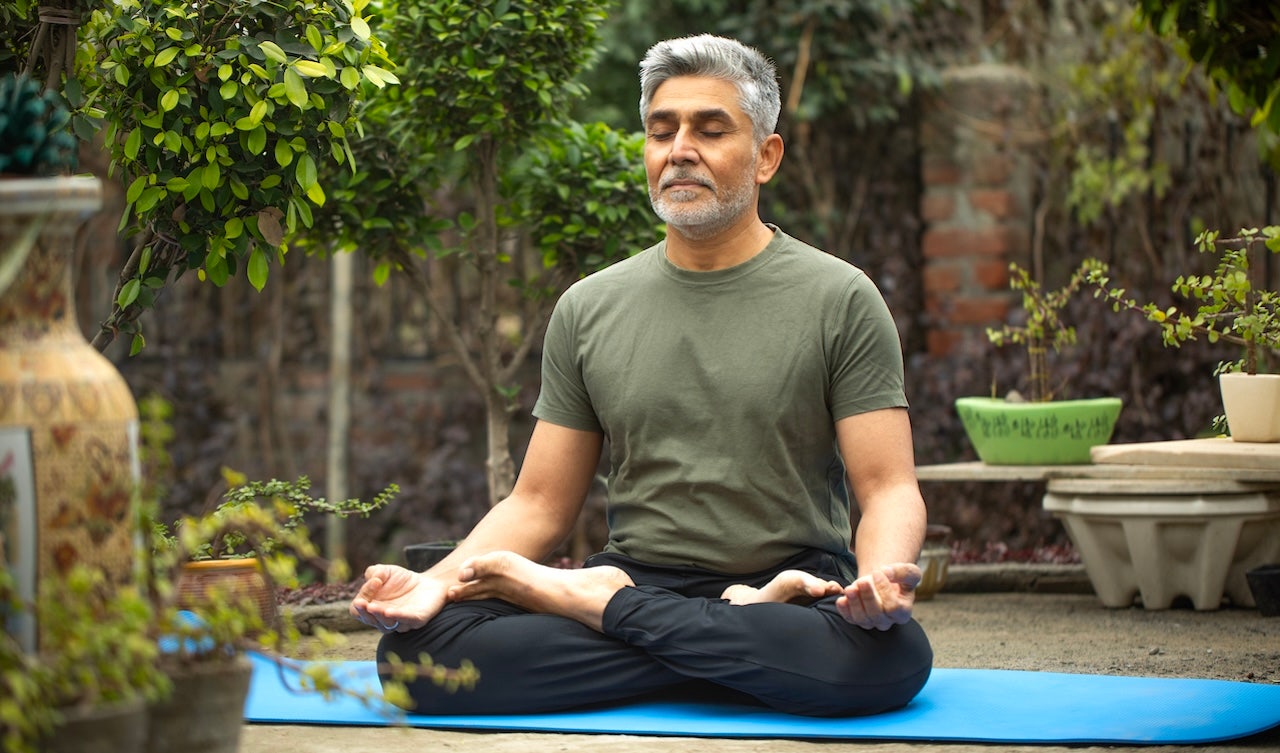Meditation could slow aging and reduce stress, study finds

Engaging in a long-term meditation practice has been shown to significantly alleviate stress and slow down the aging process, according to a recent study published in the journal Biomolecules. Researchers from Maharishi International University (MIU), the University of Siegen, and the Uniformed Services University of the Health Sciences conducted the study to evaluate the effectiveness of transcendental meditation, a practice where individuals silently repeat a mantra to achieve deep relaxation.
Kenneth Walton, a senior researcher at MIU, highlighted the study’s findings, stating that the results support previous research indicating that transcendental meditation can reverse or mitigate the long-lasting effects of stress. These effects are now recognized as contributing to various diseases and disorders. The study involved two groups of participants, one aged 20 to 30 and another aged 55 to 72. Half of the participants practiced transcendental meditation, while the other half served as a control group.
The researchers analyzed the expression of genes associated with inflammation and aging in each participant. The study revealed that individuals who practiced transcendental meditation had lower expression of genes linked to inflammation and aging. This suggests that the practice may promote healthy aging and enhance resilience to stress. Additionally, cognitive function was assessed through EEG tests, which showed that older practitioners of transcendental meditation exhibited faster processing speeds and higher scores on the Brain Integration Scale.
Another focus of the study was on hair cortisol and cortisone levels, which serve as biomarkers for long-term stress exposure. The researchers found that individuals who practiced transcendental meditation had a higher amount of active cortisol, indicating greater adaptability and resilience to stress. While the study had limitations, such as the lack of a placebo control group, the results still provide valuable insights into the benefits of long-term meditation practice.
Biohacker Dave Asprey, who has extensively studied meditation and neuroscience, agrees that meditation can slow down the aging process by reducing stress and promoting brain health. He refers to meditation as “weightlifting for the brain,” noting that long-term meditators have more organized and electrically active brains. Asprey also suggests that meditation can potentially prevent certain types of dementia and improve toxin excretion.
Asprey emphasizes that meditation is an embodied practice that starts in the body, not just the mind. He recommends a body scan technique to calm the nervous system, where individuals focus on different parts of their body while breathing deeply. Ultimately, Asprey believes that the right form of meditation or breathwork can have profound effects that surpass pharmaceutical interventions. It is important to note that not all forms of meditation are the same and that individuals may need to find the practice that works best for them.
Overall, the study provides compelling evidence for the benefits of long-term meditation practice in reducing stress, promoting healthy aging, and enhancing cognitive function. As more research emerges on the topic, meditation continues to be recognized as a powerful tool for improving overall well-being and longevity.



